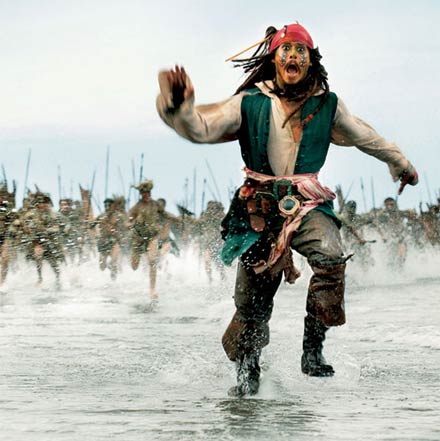Well, its World Book Day tomorrow. It may some to a great surprise but there are actually many books you could read to help you with your studies!!
The Coram Boy – Jamila Gavin (Slave Trade and Ocean travel)
The other side of truth – Beverley Naidoo (Immigration set in London and Nigeria)
Journey of 1000 miles – Ian Strachan
The long way Down - Charley Boorman and Ewan McGregor
The long way round - Charley Boorman and Ewan McGregor
Dominoes and other stories – Bali Rai (What it is like to be living in Britain today told through different cultural voices
Caught in the crossfire – Alan Gibbons (Life in a northern English town for a Muslim boy after 7/7)
The Lost World – Sir Arthur Conan Doyle
Lost in the Jungle – Yossi Ghinsberg
Kingdom Come – J.G. Bullard
Fearless – Tim Lott
Comfort Herself – Geraldine Kaye – Set in Kent and Ghana – good descriptions of the difference in lifestyle and expectations even though this set in an England of the 1960s. Comfort is a child mixed marriage
The Pearl – John Steinbeck
This is just a small sample. Enjoy!
Mr. Still


 Angkor was the capital of the Khmer Empire which was a very powerful civilisation based in modern day Cambodia about 750 years ago. The city of Greater Angkor covered almost 400 square miles roughly the area of the five boroughs of New York City, with as many as 750,000 inhabitants.
Angkor was the capital of the Khmer Empire which was a very powerful civilisation based in modern day Cambodia about 750 years ago. The city of Greater Angkor covered almost 400 square miles roughly the area of the five boroughs of New York City, with as many as 750,000 inhabitants. The lesson here is real - people are being made homeless and have to move to towns and cities that cannot deal with the influx of people and eventually what resources are left are depleted so there are no resources left for anybody. This is happening today. We have to find a way to cope with climate change refugees and the consequential scare resource depletion.
The lesson here is real - people are being made homeless and have to move to towns and cities that cannot deal with the influx of people and eventually what resources are left are depleted so there are no resources left for anybody. This is happening today. We have to find a way to cope with climate change refugees and the consequential scare resource depletion.








 The second takes you to some of the factories in South America, Afirca and Asia.
The second takes you to some of the factories in South America, Afirca and Asia.

 The next set of pictures are about factories in Europe where information on the parts made and some of the industrial locational factors considered.
The next set of pictures are about factories in Europe where information on the parts made and some of the industrial locational factors considered.


 All the '.kmz' files for all the google earth lessons can be found at the link below:
All the '.kmz' files for all the google earth lessons can be found at the link below:

 from space. I then get the students to guess what country we will be looking at, which is Ethiopia.
from space. I then get the students to guess what country we will be looking at, which is Ethiopia.
 In the background is a village. I ask the students to compare the houses to their own houses where they live.
In the background is a village. I ask the students to compare the houses to their own houses where they live. This is the important picture and also a famous one. The photo was taken by Kevin Carter in 1994. It actually refers to the famine in Sudan. The child is crawling towards an United Nations food camp. The vulture is waiting for the child to die. The photo won the Pulitzer prize. Unfortunately Kevin Carter committed
This is the important picture and also a famous one. The photo was taken by Kevin Carter in 1994. It actually refers to the famine in Sudan. The child is crawling towards an United Nations food camp. The vulture is waiting for the child to die. The photo won the Pulitzer prize. Unfortunately Kevin Carter committed 
 Mr. Still
Mr. Still
 I think the effect is quite interesting and will liven up displays in any classroom.
I think the effect is quite interesting and will liven up displays in any classroom. Powerpoint plex - this is a lot of fun and very useful for revision with year 11 but also for having all your previous powerpoints and resources from one unit in the same place. You can also embed word files and excel spreadsheets into the presentation. See next weeks posts for an example of how it works in class.
Powerpoint plex - this is a lot of fun and very useful for revision with year 11 but also for having all your previous powerpoints and resources from one unit in the same place. You can also embed word files and excel spreadsheets into the presentation. See next weeks posts for an example of how it works in class.






